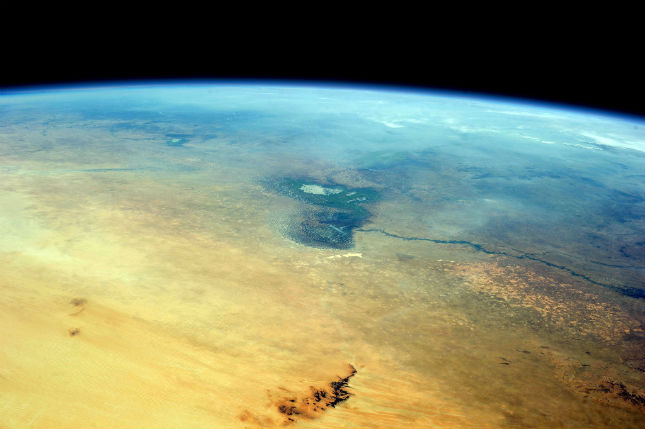Location
SIPRI is an independent international institute dedicated to research into conflict, armaments, arms control and disarmament. Established in 1966, SIPRI provides data, analysis and recommendations, based on open sources, to policymakers, researchers, media and the interested public. Based in Stockholm, SIPRI is regularly ranked among the most respected think tanks worldwide.
Vision and mission
SIPRI's vision is a world in which sources of insecurity are identified and understood, conflicts are prevented or resolved, and peace is sustained.
SIPRI’s mission is to:
- undertake research and activities on security, conflict and peace;
- provide policy analysis and recommendations;
- facilitate dialogue and build capacities;
- promote transparency and accountability; and
- deliver authoritative information to global audiences.
Members:
Resources
Displaying 1 - 2 of 2The Unfolding Humanitarian Crisis Around Lake Chad: UN Report Falls Short of Naming Environmental Dimensions
It is encouraging to see that the United Nations Security Council is beginning to acknowledge the transboundary dimensions of fragility and conflict, as demonstrated by its newly launched Report of the Secretary-General on the situation in the Lake Chad Basin region.
Land use conflicts in the Inner Niger Delta of Mali: does climate change play a role?
Does climate change drive conflict over land use in Mali?
This study investigates the alleged relationship between climate change and conflicts, using the Inland Delta of the Niger River in Mali as a case study, where this region is an African hotspot area in terms of land use conflicts.
The author emphasises that, despite the clear climate developments in the region throughout the last century, researchers are much less sure about future changes. Moreover, the paper finds that:



